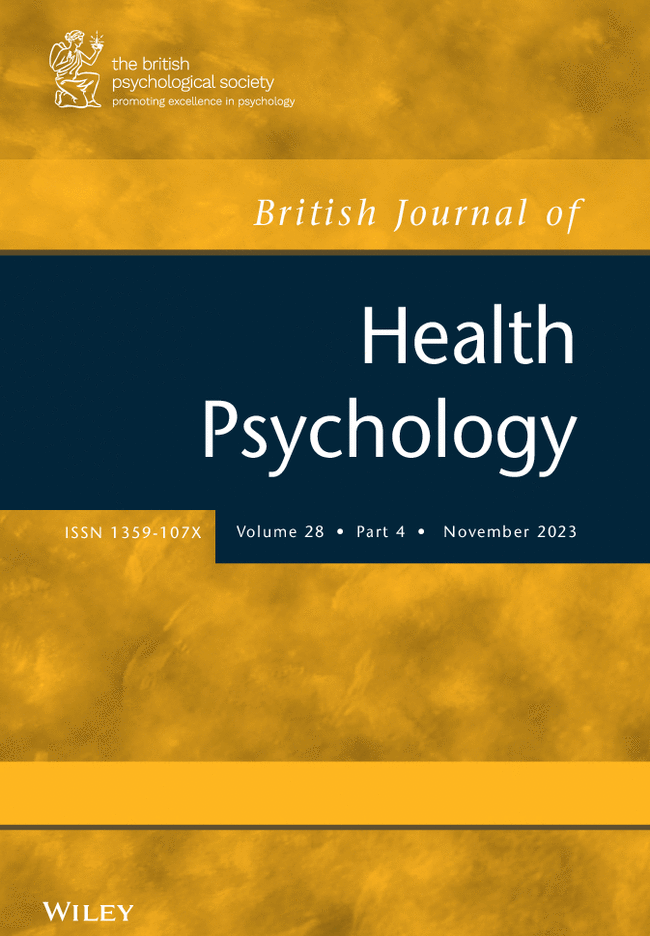Self-compassion and mental health: Examining the mediational role of health behaviour engagement in emerging adults
Abstract
Objectives
This observational longitudinal study examines whether engagement in health behaviours (general health behaviours, sleep hygiene, comfort food snacking) mediate the link between self-compassion and mental health among emerging adults.
Design/Method
Participants were 332 emerging adults recruited from a large U.S. University (Mage = 19.0; SD = 1.8) who completed two electronic surveys 7–10 weeks apart (T1 and T2). The Hayes PROCESS macro model #4 was used to test whether engagement in health behaviours at T2 health mediated the association between T1 self-compassion and T2 mental health (5000 bootstrap samples).
Results
T1 self-compassion was significantly associated with all T2 health behaviours except for comfort food snacking. T2 sleep hygiene behaviours mediated the relationship between T1 self-compassion and both T2 depression and T2 anxiety (bootstrapped 95% CIs [−.085, −.029] and [−.064, −.016], respectively), although the total effect of self-compassion on anxiety was no longer significant when accounting for T1 sleep hygiene and T1 anxiety. Overall T2 health behaviour engagement mediated the relationship between T1 self-compassion and T2 depression only (bootstrapped 95% CI [−.044, −.006]), although the mediation was non-significant after accounting for T1 overall health behaviour engagement and T1 depression.
Conclusions
Findings suggest that individuals with higher self-compassion engage more in overall health behaviours and sleep hygiene practices, and that sleep hygiene and general engagement in health behaviours help to explain the link between self-compassion and mental health symptoms over time. These findings highlight the multiple positive downstream effects of fostering self-compassion and have important implications for mental health care providers utilizing self-compassion to support health behaviour engagement in order to promote mental health.

 求助内容:
求助内容: 应助结果提醒方式:
应助结果提醒方式:


